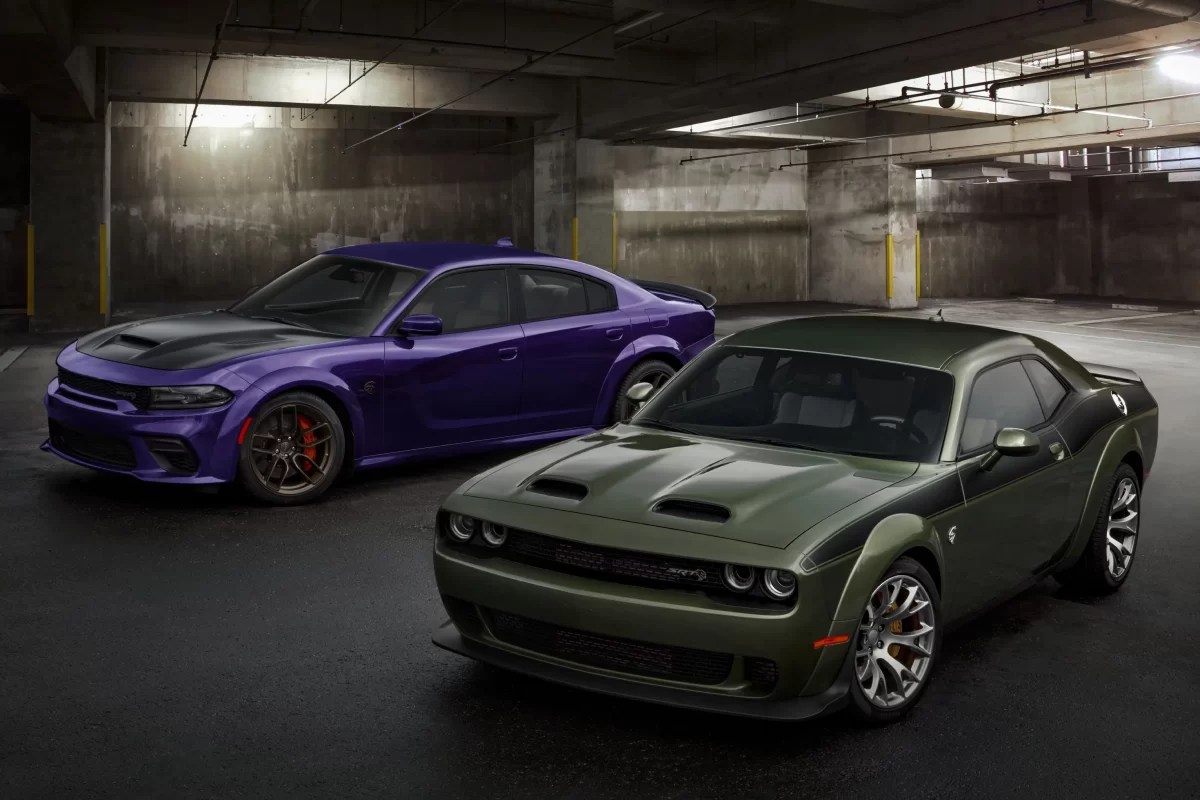So far, 2024 is turning out to be a saddening year for the common motorhead. In continuing with the trends set by 2023, auto manufacturers will continue to cull their performance lineups in favor of emasculated electric variants. In 2022, Dodge announced that the Charger and Challenger muscle cars would be killed off in 2024, with 2023 being their final production year. Furthermore, 2024 is the final year for countless iconic vehicles such as the Audi R8, McLaren 720S, Chrysler 300, and Chevrolet Camaro, among many others. As expected, most of these vehicles have had an electric variant announced. The Dodge Charger EV, with speakers acting as an exhaust, has already been the victim of significant criticism among faithful car enthusiasts. One commenter online remarked that they didn’t understand the decision to kill the Challenger and Charger, saying that “…those cars are Dodge’s entire image.” (1) Another commenter expressed his rage against “Emissions laws pushed by CEOs and politicians with private jets…blank ’em.”
What’s arguably worse than the death of a car is the death of the heart of a car. What do I mean? The vengeful pursuit against the V8 was even before the discontinuation of vehicle lineups. Even the V6 is facing issues as moderate-sized SUVs, like the Chevy Blazer, now come “packed” with 4-cylinder engines that use exciting terms such as “Turbocharged,” “Supercharged,” “Eco,” “Hybrid,” or “Turbo” with the sound profile and power output of an old vacuum cleaner. Even the GMC Acadia GT4, a beastly SUV weighing 4,500lbs (about 2041.16 kg), comes “equipped” with a 2.0-liter 4-cylinder engine. We all know the struggle of trying to pretend that something is larger than it is, and vegetarians may rejoice, but the rusting heart of the V8 causes just as much pain to some people as the loss of a loved one. Gone are the days of genuine vehicle functionality. There’s a genuine reason why the Secret Service is so heavily reliant on the Chevy Suburban: people survive gunshots in them. What’s more telling is how well the Suburban still sells despite a market full of vegetables. Its yearly sales, while not as robust as many SUVs and trucks, have remained unchanged since at least 2010, fortifying the legacy of the oldest production car in the nation.
The basic truth at this point is that people are unwilling to cave. People generally don’t want to be associated with EVs yet. And why blame them when you consider who the typical driver of an EV is? Cat ladies, vegetarians, PBS listeners, and people with an excess of bumper stickers about their families and pets. The EV still has miles to travel before it is a viable option for most consumers.



















